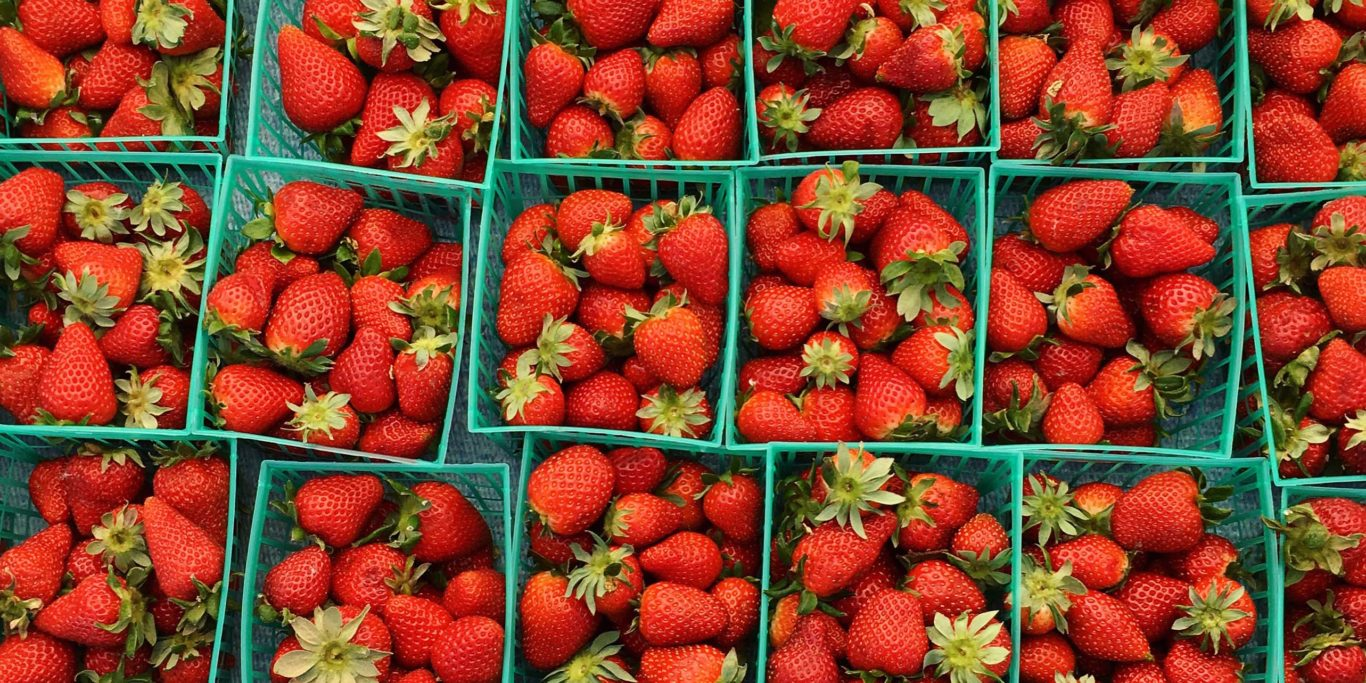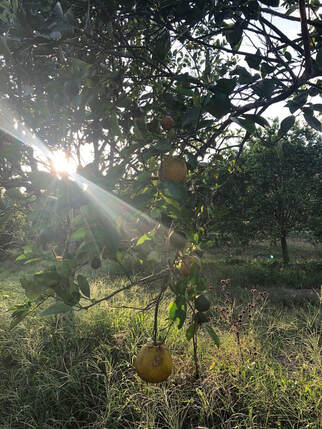|
One way to help the environment and reduce your carbon footprint is by purchasing and eating local and in-season foods. By eating locally, you are helping to reduce pollution from transportation while supporting local jobs at the same time. Local farmers’ markets are a great place to find seasonal, local produce. Some of the fruits and vegetables in season this summer, just to name a few:
One easy way to find out what's in season near you is to use this seasonal food guide. Texasfarmersmarket.org is another great resource for finding seasonal fruits and vegetables, as well as blog posts about green living and healthy eating. Live near Houston? For a complete list of Houston area farmer's markets, check out Visit Houston's web page. AuthorIsabela is an undergraduate at Claremont McKenna College pursuing a degree in Environment, Economics, and Politics, with a particular interest in sustainability. She spent this summer assisting with marketing research and writing blog and social media posts for the Texas Coastal Exchange.
0 Comments
A regenerative method of agricultural production proposes actively beneficial solutions to restoring our depleted natural system through land management practices. Farms have the unique capacity to become carbon-negative by transitioning to production methods like no-tillage farming, cover crops, and rotational grazing that can bolster the rate at which carbon is sequestered in the soil. Envision a world where small farms sustainably produce a diverse range of fresh products for local markets, as well as clean our land, water, and air. Transitioning to this system would require a cultural shift to stop prioritizing productivity and profit over the health of our communities. It would also require political and economic reform to adequately equip and incentivize farmers for the shift. It’s time we realize that the key to unlocking our nation’s potential and moving towards a greener future lies just beneath our feet -- we simply have to be willing to get a little dirt beneath our nails and dig for it.
|
Archives
January 2020
Follow UsDonate |



